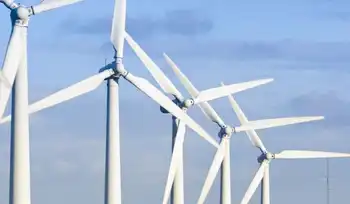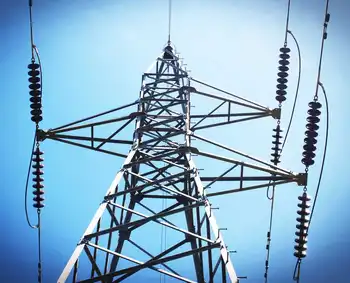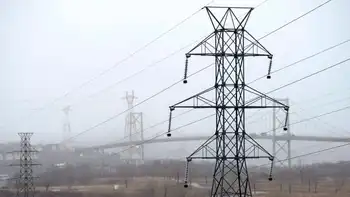Helping dairy farmers reduce emissions
By Electricity Forum
Substation Relay Protection Training
Our customized live online or in‑person group training can be delivered to your staff at your location.

- Live Online
- 12 hours Instructor-led
- Group Training Available
In the last several years, a growing number of dairy farms in Wisconsin have installed GE EnergyÂ’s Jenbacher biogas engines to generate needed renewable electricity for onsite power and the local grid.
GEÂ’s newly installed, advanced Jenbacher biogas engine technology is generating 633 kilowatts (kW) in renewable energy at the Crave Brothers Farm, LLC in Waterloo, Wisc.
“Installing GE Energy’s Jenbacher biogas technology is playing an important role in our ongoing initiatives to reduce the operational costs as well as the environmental impacts of our dairy operations,” said Charles Crave, one of the farm’s co-owners. “We hope that other dairy farms around the country adopt similar technologies in recognition of the agricultural community’s increasingly important role in addressing the country’s energy and climate-change concerns.”
Crave Brothers is hosting the 2009 Farm Technology Days, one of the countryÂ’s largest agricultural technology expositions. More than 80,000 people are expected to visit the Crave Brothers site, which is located about an hour west of Milwaukee.
Crave Brothers is a 29-year-old, family run dairy farm and on-site cheese plant that is nationally known for its progressive use of technologies to reduce the environmental impacts of its operations. The 1,700-acre farm currently has nearly 1,000 milk cows and 700 heifers.
By converting the manure to methane biogas and using it to generate electricity in GEÂ’s Jenbacher unit, less greenhouse gas is able to escape into the atmosphere. The system also is helping Crave Brothers lower its operational costs, including through the sale of energy to the regional grid and more cost-effective manure management.
Crave Brothers originally had operated an older, less powerful biogas system to support some of the farmÂ’s electricity requirements. However, the owners later installed GEÂ’s Jenbacher technology after deciding they could be generating even more electricity with a more powerful Jenbacher engine, Crave said.
In May 2009, one of GEÂ’s ecomagination-certified Jenbacher J312 biogas engines was commissioned at the Crave Brothers site and is generating 633 kW of electricity to support the siteÂ’s dairy operations. Surplus power from the engine is being sold to the regional grid in Wisconsin, which is aggressively supporting the expansion of renewable energy production.
Renewable energy developer Clear Horizons, which built and owns the digester biogas plant at the Crave Brothers site, is supplying the engineÂ’s electricity to regional grid operator WE Energies, the trade name of Wisconsin Electric Power Co. and Wisconsin Gas LLC, the principal utility subsidiaries of Wisconsin Energy Corporation.
Widely accepted in Europe, the use of biogas digester systems with GEÂ’s Jenbacher engines is a fairly new U.S. agri-business trend. In the past, some U.S. farmers had used old diesel motors and smaller gas engines until they began installing more durable, robust gas engines in recent years.
“Agricultural waste is one of the country’s leading sources of methane gas emissions and GE is pleased to help supply its proven gas engine technology to Crave Brothers as the U.S. farming community embraces this renewable energy technology,” said Roger George, general manager for GE’s Jenbacher gas engine business in North America.











